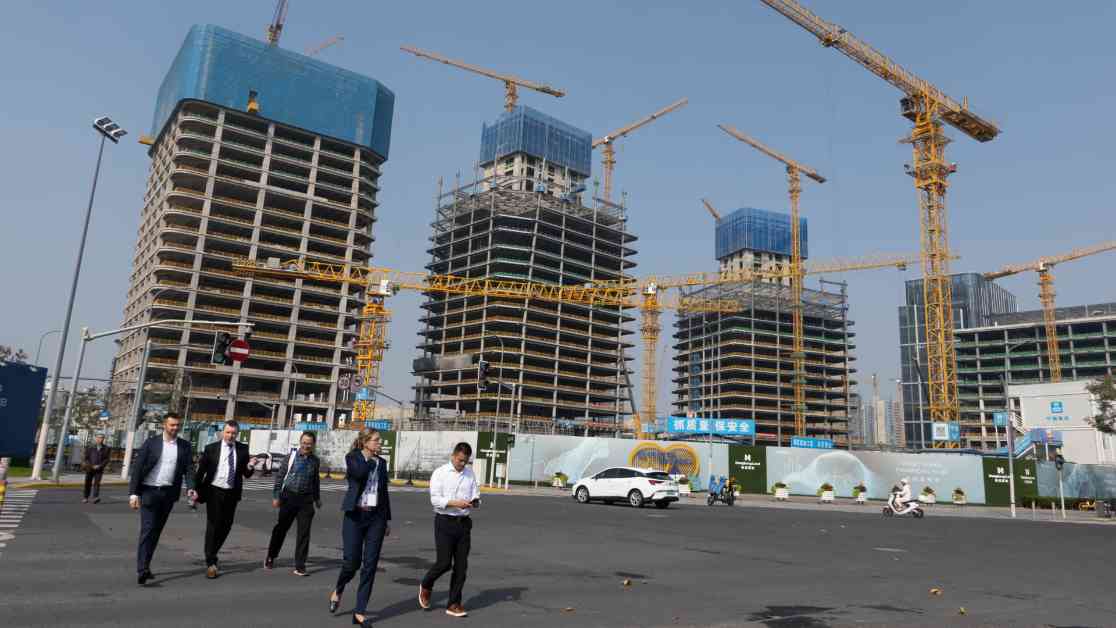China is anticipated to announce a new fiscal stimulus package following the conclusion of a five-day meeting by the parliament. The government has been increasing stimulus measures since late September, leading to a surge in the stock market. President Xi Jinping chaired a meeting on September 26, emphasizing the need to strengthen fiscal and monetary support and address the real estate market decline.
While the People’s Bank of China has already reduced interest rates, significant increases in government debt and spending require approval from the National People’s Congress. This approval could be granted during the standing committee meeting of the legislature. Analysts predict a larger fiscal support scale, especially after the U.S. presidential election results in favor of Donald Trump, who has threatened tariffs on Chinese goods.
However, there are some concerns that Beijing may remain cautious and refrain from providing direct support to consumers. Minister of Finance Lan Fo’an highlighted the importance of addressing local government debt issues during a press conference last month. At the ongoing parliamentary meeting, officials are discussing a plan to raise the limit on local government debt issuance, aiming to replace hidden debts.
According to Nomura, China has trillions of yuan in hidden debt, and allowing local authorities to increase debt issuance could save them billions in interest payments annually. The country’s real estate downturn has significantly impacted local government revenues, and authorities have also had to allocate funds for Covid-19 control measures during the pandemic.
Even prior to the pandemic, local Chinese government debt had risen to 22% of GDP by the end of 2019, surpassing the growth in revenue to cover the debt payments. The increase in local government debt issuance could provide relief and support economic recovery efforts in the coming years. As China navigates through various challenges, the fiscal stimulus package is expected to play a crucial role in reviving the economy and supporting sustainable growth.
















